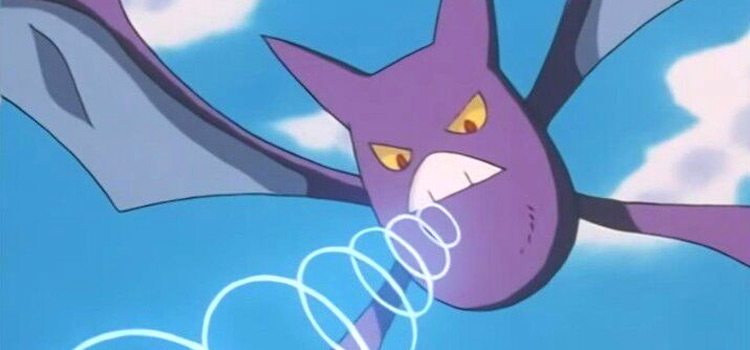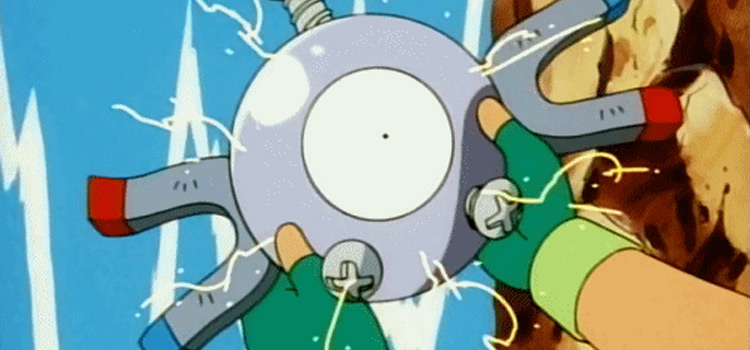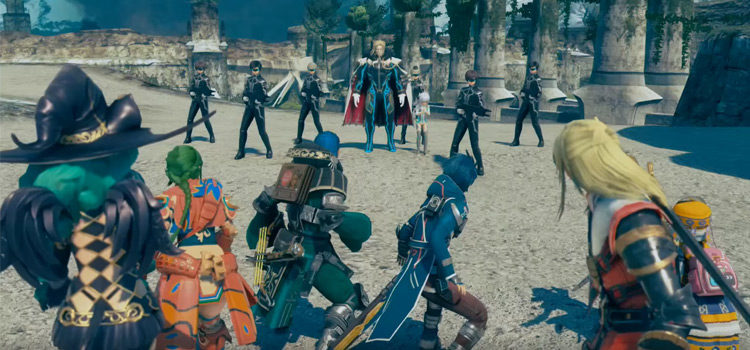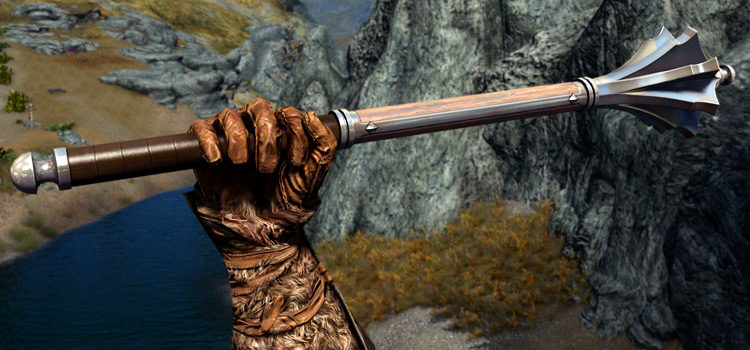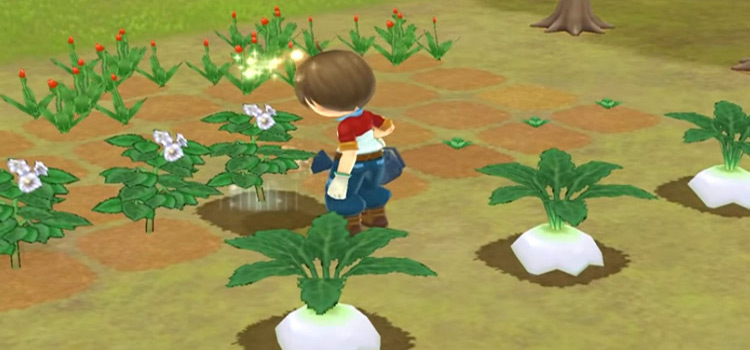What is Concentration (And Concentration Checks) in D&D 5e?
This post may contain affiliate links. If you buy something we may get a small commission at no extra cost to you. (Learn more).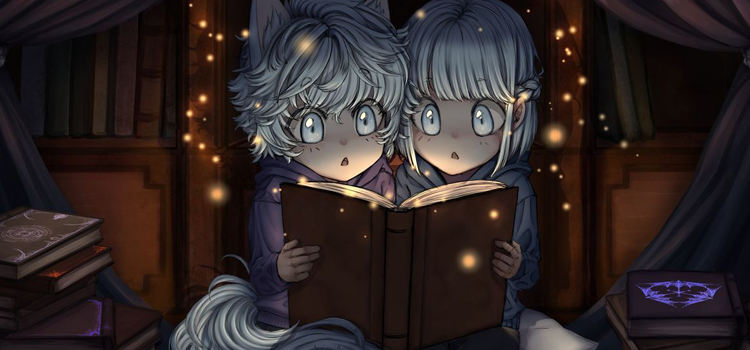
Magic in 5e is, to be blunt, complicated.
And there’s only so much attention you can have while manipulating complex stuff, like the fabric of the universe.
Concentration is the mechanical check for this concept. It ensures that the caster knows the effort required to sling spells.
Concentration is required for most spells in D&D 5e spanning longer than one turn. But it’s not all-encompassing. While you have a concentration spell casted, you can still cast non-concentration spells, swing a sword, or have a conversation; pretty much everything you would normally be able to do, except casting more concentration spells.
The way I finally understood this idea was through analogy.
Imagine that in order to keep the spell functioning, your character had to constantly repeat the spell’s name in their head.
They could still do other things. But that spell is always tickling the back of their brain. It has to always be a conscious effort to maintain the spell’s effect.
However, that’s only half of concentration.
The other more nebulous aspect is what often garners infamy: the concentration check.
So what the heck is that?
Concentration Checks
When you take damage or are suitably surprised (the second one is at your DM’s discretion), you will have to make a concentration check to avoid dropping the spell entirely.
There are three possible concentration checks:
Damage based concentration checks, where you have to roll a Constitution Saving throw (so a d20+your Con modifier) vs a DC of 10, or half the damage taken, whichever is higher. If you take damage from multiple sources, roll a check from each.
Shock/Instability based concentration checks, where some moving part of your environment reasonably impedes your ability to concentrate. This is another Constitution check, this time with a flat DC 10.
Normally it’s not small things like thunder or sudden darkness (I say those two examples specifically because they’re both low level spell effects), but it’s at your DM’s discretion.
Auto-fail concentration checks aren’t really “checks”, more of things that cause you to automatically drop concentration. Dying, obviously, or dropping to 0 HP and becoming incapacitated both drop concentration.
But so does trying to cast another concentration spell.
That one is important to pay attention to, because if you’re sneaking out of a heist with Invisibility cast to hide yourselves, the second you try to cast Levitate to make it over the far wall… your Invisibility would fade off.
So keep track of the spells you have active at all times.
And if you want them to stay active, make sure you’re not taking too much damage. Keep that concentration.


